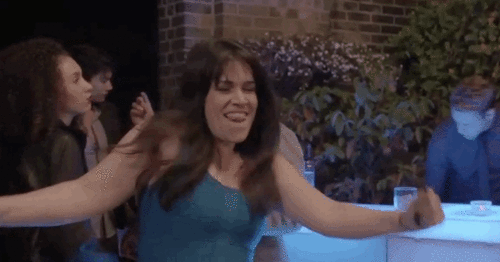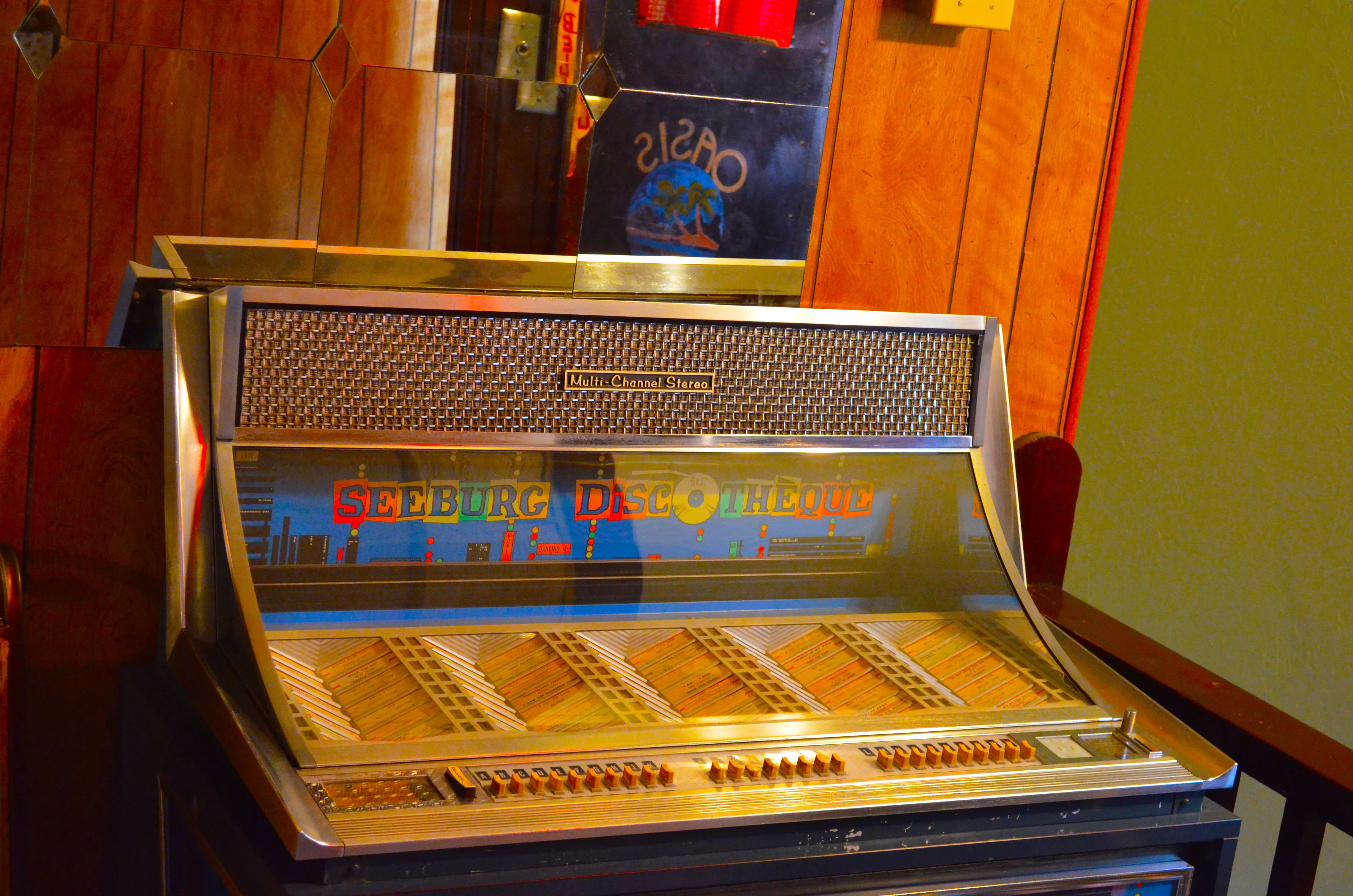Thank you for sharing stories, sending pictures, and writing in to let me know what you think! I wanted to set aside space to share responses people have offered in the wake of my last few posts, so I’m including some reader mail below. There are some groups and people out there with overlapping interests, so I am also trying to help spread the word if you aren’t aware of one another.
First of all, my overview article from last week generated huge interest, receiving more than 2,500 page views in the first 48 hours. That feels like hitting the big time for this nascent little blog…

Spreading the love, in case you weren’t aware but may be interested:
The Facebook groups ‘You know you are from the Silver Valley if…‘ and ‘Old School North Idaho,” along with the Facebook pages ‘Only in Wallace Idaho‘ and ‘Love Wallace Idaho‘ are all active and interesting spaces where people are sharing regionally specific and historic interests. And of course there is also Huckleberries Online (the Spokesman’s North Idaho blog), and the Wallace Idaho Chamber.
There is a whole discussion thread on Only in Wallace that addresses rumors about tunnels under the town connecting various brothels, bars, hotels, and businesses. I have also heard the rumors’especially concerning the Smokehouse building’but I don’t have any more credible information than anyone else on this front… Something to explore further?
The Historic Wallace Preservation Society is asking for more Silver Valley photos, stories, and help doing research so they can make videos that celebrate and share the Valley’s legendary past.
And if you want more information regarding locations, here is little video from a few years ago:
[youtube https://www.youtube.com/watch?v=KDKXQC2-Q8c]
(https://youtu.be/KDKXQC2-Q8c)
I’m psyched to have connected with another person from Wallace who is also in the writing industry:

Reader Mail and Stories:
People I didn’t previously know have been writing to me via the contact form or sharing stories in comment sections on the Facebooks or on the Huckleberries link to my piece (if the post was public, I included the name associated with the post, but otherwise I didn’t, and I am happy to update this post to revise according to personal preference):
Fascinating to find out more… having grown up in Wallace (50’s) where we just took this all for granted but knew little about it. — Patricia DraGoo Bumgarner
Very interesting, would love to have the book. My mom worked at Runges furniture in Wallace, she talked often of how nice the madams were when they came into the store. We all new about the houses….. — Diane Werlinger Ketchum
I grew up in Wallace, and one day walking down the alley behind the Oasis they had posted a sign on an 8×10 piece of paper reading, “We’re closed. Beat it!” The double entendre was so obvious and amazing, even to a teenager as I was at the time, that I burst out laughing right then and there. I wish I had ripped it off the door. But did not keep that souvenir. Don’t remember the year but I suppose it was 1973. Wallace was a great place to live, but it’s a bit odd to have strangers ask you directions to the “butt huts” when you are a little kid. Luckily, I was able to give directions by the time I was 7. Just like everyone else.
And the world’s oldest profession worked well in a male dominanted mining town. No child molestations, no rapes, and a woman could walk home safely, alone, when her shift ended at one of the local food and drink establishments. I believe there were 13 different licensed liquor establishments, and 13 churches of all religious genres. Everyone was happy until the Feds moved in over missing out on tax money revenues. The “rooms” were always upstairs over some licensed liquor watering hole; and my Dad always joked that he was the only bar in town with no f***ing overhead; the only one story saloon in Wallace, Idaho. — Susanne Neville
I was raised there. I have nothing but nice things to say about them. I worked beside them, They helped us and they made huge contributions of our community in more ways then one. — Aunt LesLee B
Very interesting. We lived up there in the 70’s and used to party a lot in Wallace. I remember the brothels in the alley. My husband used to deliver groceries to many of them in the 60’s. He worked for Britt’s grocery in Osburn. He said all the madams were very nice to him and tipped good. — Lynda Murray
My favorite comment was attributed to a guy vacating his business below one of the brothels. When asked why his business failed he supposedly said ‘Revenues was okay but there was just too much …… overhead’. 🙂
It used to be that you could find all those books at Silver Capital Arts. Norma Bradford always made sure he had books on the area. — Debi de Bruijn
I wrote about the Wallace brothels in my book, Bobby Convict. — Bobby Wilhelm
So interesting. I grew up in Wallace too. I worked at Idaho First National Bank and met Dolores Arnold in the early 70’s. — Lynn Towne
Telling it like it was, and should still be.
I am reading your “selling sex” and loving it!! I wish I would have known about this sooner. My Grandma was Dr [name omitted] nurse and had to do all the check ups on the girls. When she passed away she gave us all the medical notes and records that she had hand written.
Very interesting! I didn’t know prostitution lasted so long. I grew up in the Sunshine Mine Housing Area until 1963. — Donna Myers Roark
I remember back in I think 1973 when the U&I rooms put a sighn on the door. It said Closed, Beat It. LOL — Dave Parsons
I found this to be very interesting but have some questions(which will remain private)concerning the actual knowledge of the material presented by ‘personal interviews’ and that gathered by research assistance.both sources of which could be called,in some cases customers. — wheels
boy do those of us who grew up there remember they used to order tons of fingernail polish from Lockhart’s Drug Store Kerry and would pack it up but Bill delivered it
Saw your piece on the brothels. I came across an estate sale about two years ago and a lady had old doors covering the walls of her garage with numbers on them. I inquired about buying one but she said they weren’t for sale. Apparently they were the old doors in the 1890’s of one of the old brothels!!
My mother’s mother, [name omitted], cooked for Delores Arnold in the early 50’s. Delores gave my grandmother a little pomeranian. My dad, [name omitted], did carpenter work for Delores in the early 50’s and said they joked around a lot. Delores bought cookies from my mom and would send my sister and me money for Christmas. I have some pictures of Delores that are better than the ones I saw on this site. She was a beautiful woman’slim and with dark hair and eyes and dressed in pretty dresses and high heels.
Or as they used to say of John “Pozzie” Posnick’s Silver Corner Bar & Grill, located downstairs of the Lux Rooms, “Pussy up, Pozzie down.” — deepee
As my cousin, [name omitted] might have related to you, my great-uncle, [name omitted] owned the building housing the Oasis until his death in the 1940s. He had come to Wallace in the late 1890s and founded the Rainbow Mining Company, which would later become Coeur d’Alene Mines Corp. I grew up in Pinehurst, and while working at Uncle Bunker on weekends and attending the U of I during the week, I was often accompanied home by friends interested in ‘seeing’ Wallace. 🙂 It was an incredible time for the town in the 1970s, before the mines closed. Then, I was in Kellogg in 1991 when the FBI came to town, raiding 54 bars around the Valley. That was a sad day in our history, but one that was destined to happen someday. Thanks for the article and for all of your research.
That was really interesting…I had no idea.. Thank you.
And the messages below were in response to my NPR interview from earlier this month, which is also an overview-type of piece. I linked to it on March 7, but if you missed it and would like to check it out, here’s a link to the radio program’s website (it’s the first sixteen minutes): https://withgoodreasonradio.org/2015/03/the-madam-next-door/.
Heard your discussion on humanism and civil exchange of thought a few minutes ago on WHRO. Thank you for putting yourself out to the public in this regard. Open minded conversations are so rare in our culture.
Dear Professor Branstetter: This Spokane native was delighted to tune in to NPR and hear you talk about Wallace, Idaho. How well I recall the shock and dismay upon being told that my high school sweetheart and a bunch of his friends had ‘made the big trip,’ as they called it back then in 1959, to Wallace. On my last Seattle to Virginia drive, I spent several enjoyable hours exploring your quaint historic town. Your interview was great fun and a big surprise, coming from a professor at VMI!
This message was from a friend I went to high school with:
Heather, I just listened to you on the radio!!!! with a group of ppl all from Wallace and we knew maybe 10% of the true history of the town I love even more now. I could have listened to you talk all night about it. I can’t imagine the information that you must have received on this journey and you put it together flawlessly. The whole time I was thinking I know her;) I am so excited to read the whole project. Please come see me when you are in town next. I hope you are well, and again that was truly amazing:)
And this email came in via my father, from one of his friends:
I thought it was great coverage of the topic. Obviously a tremendous amount of detailed background work went into this. I concur with Heather that I don’t see sex work as a moral failing. And I am not opposed to commercial industry if it is free from trafficking, violence, risk to workers, chem dependency, exploitation of individuals with limited capability or behavioral health problems, etc. I think Wallace provided an advanced (although not perfect) infrastructure for safe sex industry practices. People desire the services and people who freely choose the employment all benefit. I guess I think most of the folks I knew had similar leanings and had a fairly mature perspective. The one area I’m not sure I agree with Heather is the notion that small stories with moral content played much of a role in shaping the culture or support for the industry. I think people saw this topic in a broader context. The sex industry sort of fit the communities laissez faire attitude in general — that is still in much evidence today (e.g. If I want a drink at 3:00 a.m. why can’t I get one at the Wallace Corner or Sweets?) That is why I keep coming back 😉
I’d like to close with a response to the last comment. I absolutely agree with this suggestion regarding our laissez faire attitude and I did talk about this during the interview (which they edited down from fifty minutes). Yet community attitude alone cannot explain the extent to which the brothels were embraced so widely. Nor can it account for the longevity of the arrangement as it worked in Wallace. How do we create and change culture in the first place? The value system undergirding our communal attitude through time did not appear out of nowhere–it came from somewhere.
Of course there are the economic influencers, combined with the relative geographic isolation of the Silver Valley. Boomtown-style demand for sex work continued even as Wallace transitioned into a longer term mining town. The economic logic was both sustainable and self-reinforcing, especially when you take into consideration the decriminalized and regulated gambling industry that flourished in tandem. Plus, Wallace had political influence when it was producing more silver than anywhere in the world. State leadership in Boise (eight hours south) was content to take the revenues and let the panhandle “go its own way’ as Egan’s Times article put it.
But through the course of my research and thinking these past four years, I have come to the conclusion that continued maintenance of the brothel-based system as it worked in Wallace was also the result of explicit connections to the community’s shared understanding of itself. Live and let live attitudes were cultivated and reinforced through informal yet persuasive “lines of argument” echoed throughout Wallace’s history, oriented in part toward protecting the town from outsiders, and repeated by people during small talk. Storytelling invented and worked to stabilize a sense of collective identity as the town evolved over time. I’m working on an article that documents and explains these aspects, connecting each saying repeated in small talk to its emergence in specific events and eras in Wallace’s history. This is my main research-based intervention for the more scholarly side of this story, I think. I am also working to highlight these elements as I continue progress on the book version.
Anyway, it’s been really helpful to hear your thoughts, and I’d love to hear more feedback, comments, critiques, stories, research tips, observations, etc., so please feel free to contact me in whatever way you feel moved.
[contact-form][contact-field label=’Name’ type=’name’ required=’1’/][contact-field label=’Email’ type=’email’ required=’1’/][contact-field label=’Comment’ type=’textarea’ required=’1’/][/contact-form]

Leave a Reply